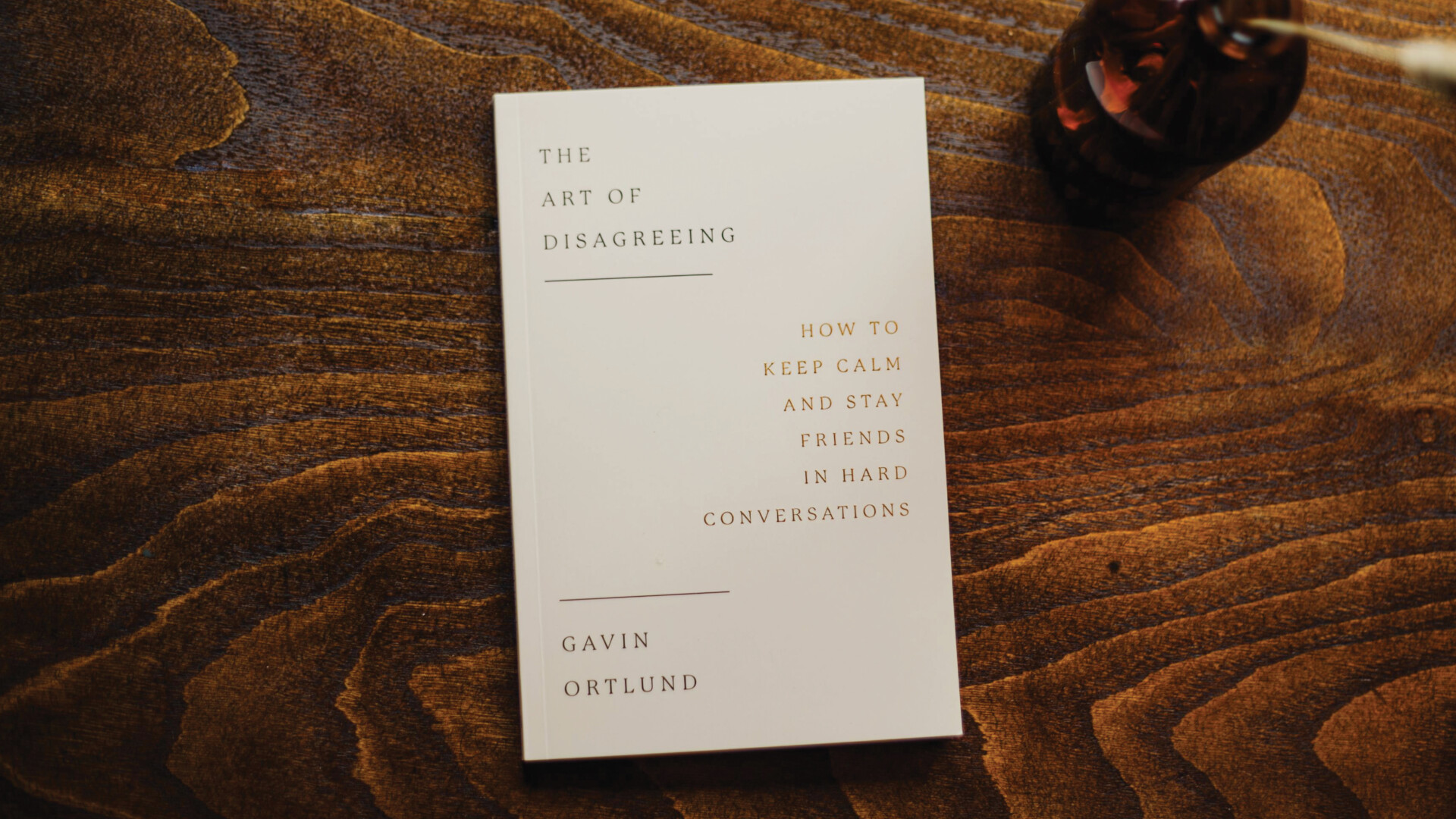This week the blog is sponsored by The Good Book Company, publisher of The Art of Disagreeing by Gavin Ortlund. In this positive and practical book, Gavin Ortlund looks to the Scriptures to discover a way to disagree with courage and kindness. You can purchase The Art of Disagreeing here.
There is a theory in social psychology about two contrasting ways in which people deal with disagreement. Essentially, about half of human beings act like rhinoceroses: the other half, like hedgehogs. Rhinos are aggressive, charging when threatened. Hedgehogs are more defensive, using their prickles as a shield. One book puts it like this:
“Just as animals respond differently to attack, so people react differently when hurt and angry. There are two major patterns of behaviour, and … it would appear that the population is split roughly fifty-fifty. Half of the population are like the rhino: when they
are angry, they let you know it. The other half of the population are like the hedgehog: when they feel angry, they hide their feelings.”
Whether you adopt this exact framework or not, it draws attention to an important fact: when it comes to challenging conversations or relationships, we all have different temptations. So disagreement will challenge all of us in different ways.
The truth is that we all have some work to do. Healthy disagreement will draw all of us beyond our natural strengths. It will require stretching into new (often uncomfortable) territory.
If you are a rhino, healthy disagreement will be difficult because it requires more restraint than you would naturally be inclined to show. You may have moments when you feel like “charging,” and it might even feel like the right thing to do—but you actually need to tap the brakes. (Often we realize this only afterwards, once the temperature has cooled!)
But if you’re a hedgehog, healthy disagreement will be difficult because it requires more boldness than you would naturally be inclined to show. You may have moments when you feel like hiding, but you actually need to embrace the vulnerability of leaning forward into the disagreement. Where you would normally pull back, you have to speak up. This can be scary! It rubs against our natural preference for harmonious relationships.
To make matters worse, hedgehogs and rhinos will often be tempted to look down on each other while ignoring their own weakness. The opposing flaws will be obvious to us, while our own will seem small or invisible. A rhino might look at a hedgehog and say, “Why doesn’t he speak up more? I know he agrees, but he lacks the courage to say so!” Conversely, a hedgehog might look at a rhino and say, “Why is she so argumentative? She turns everything into a fight!” Both might be (partly) right. This is one way that outrage about disagreement can contribute to further disagreement and outrage, without us realizing it.
The truth is that we all have some work to do. Healthy disagreement will draw all of us beyond our natural strengths. It will require stretching into new (often uncomfortable) territory.
For this reason, the ability to engage in healthy disagreement is a good general test of maturity. If you want to see how much self-awareness someone has, just watch how they respond to a good old-fashioned disagreement.










